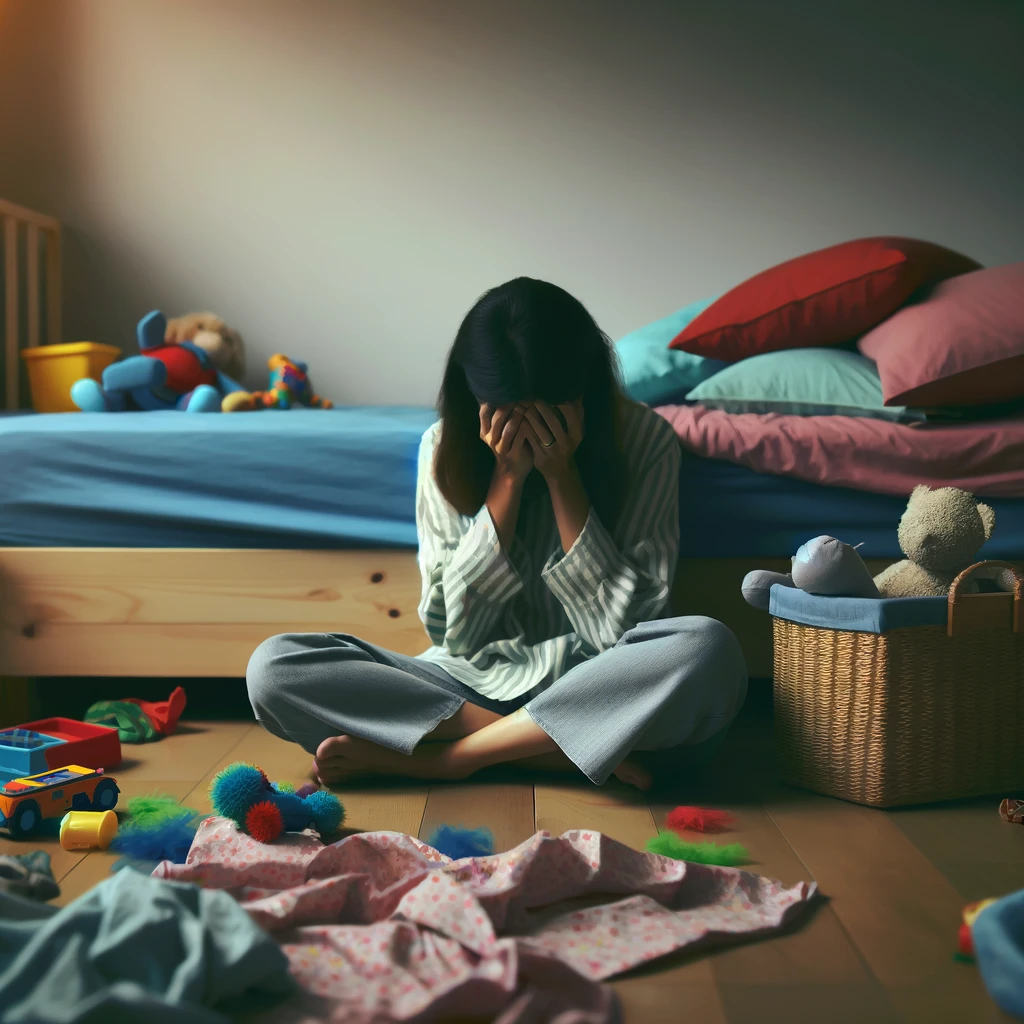Poor sleep is one of the most common factors in raising a child with autism, this is all about our journey with our autistic son and his sleep.
An autistic child not sleeping
As the parent of an autistic child, my journey has been a rollercoaster.
I’d say some of the biggest challenges have been when it comes to my son’s (Josh) sleep patterns.
From the earliest stages of his life, sleep was an elusive beast that seemed to dodge every attempt we made to tame it.
This is my account of those sleepless nights, the strategies we employed and the eventual success we found as my son approached his eighth birthday.
Early days
It began when he was a toddler, the sleepless nights.
Unlike other children his age, Josh found it difficult to fall asleep, and once asleep, to stay that way.
Nights were punctuated by periods of wakefulness, restlessness, and distress.
Initially, we thought this was a phase that he would outgrow, but as months turned into years, it became evident that we were dealing with something more ingrained in his nature.
Like many reading this, we learnt that autism can significantly impact a child’s sleep due to a range of reasons.
It can be sensory factors, difficulty in following social cues like bedtime routines, and an inability to explain any discomfort.
Our son’s inability to sleep wasn’t just a phase; it was part of how his autistic brain worked.

What we tried
Ironically we took turned to the internet for any tips we could find to help with this issue.
Here are some of the things we tried and how successful (or unsuccessful) we were.
Adaptions to his room
One of the first things we tried was to make Josh’s room and bed as comfortable to him as possible.
This meant investing in blackout curtains to keep the room dark, using white noise machines to drown out disruptive sounds.
We also ensured his bedding was comfortable and free from textures that could irritate his sensory needs.
I would give these changes a 6/10. They definitely made a difference but he would still wake and in turn wake us most nights.
Changed his diet
With advice from a nutritionist, we tweaked his diet to eliminate foods that could interfere with sleep.
We cut out those high in sugar or caffeine, and introduced more sleep-promoting foods like bananas, almonds, and oats.
I am going to be blunt here, this made zero difference whatsoever so 0/10.
Wore him out
We started engaging in regular physical activity during the day, especially close to bed.
We focused on activities that he enjoyed and that allowed him to expend energy. Typically this would involve evening trips to the park but we also bought a trampoline for home.
Although this was time consuming for us, getting Josh tired played a crucial role in improving his sleep.
8/10.
Added structure to an evening
Nearly every piece of advice on this subject states that a bedtime routine is important.
So I am sorry to be predictable but we found that was the case also.
We changed our evenings to align with a routine. This included predictable activities like a warm bath, storytime, and dimming the lights, which helped signal to his body that it was time to wind down.
7/10
Medication
We tried some of the over the counter medication such as melatonin and frankly saw little difference.
It must be said that we never tried full on sleeping tablets or anything but just more of the herbal types.
Well we may have well just put our money in the trash because they made zero difference.
0/10
Finally improving his sleep
The turning point came gradually.
There wasn’t a single moment of epiphany, but rather a series of small victories that, over time, added up to a significant improvement.
By the time my son turned eight, the sleepless nights had become the exception rather than the rule.
His ability to fall asleep improved, and the night wakings became less frequent.
It was as if all the strategies and routines had finally clicked into place, creating a framework within which he could find rest.
The difference in his daytime behaviour was noticeable; he was more alert, happier, and more engaged with the world around him.
Looking back on our journey with autism and sleep
Looking back on this journey, it’s clear that patience, persistence, and adaptation were our greatest allies.
As we recognised, every child with autism is unique, and what works for one may not work for another.
It was a process of understanding my son’s specific needs and how we could meet them.
This experience taught me that success is not always about achieving perfection but about making progress.
The sleepless nights have taught us resilience, empathy, and the value of celebrating every small victory.
As our son continues to grow and evolve, so too will our strategies and our understanding of how to support him.
But for now, we relish the peaceful nights and the promise they hold for his future.
Any tips or ideas?
We would love to hear from you if you have got any techniques or ideas for our readers to try.
Be sure to leave a comment if any of the above has helped or if you have any ideas we can add to this article.
Also be sure to search for any other articles you might find helpful.
Try for example searching below for topics like ‘meltdown’ or ‘communication’.

